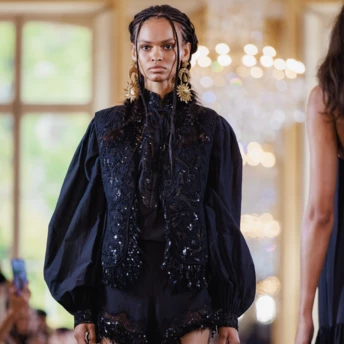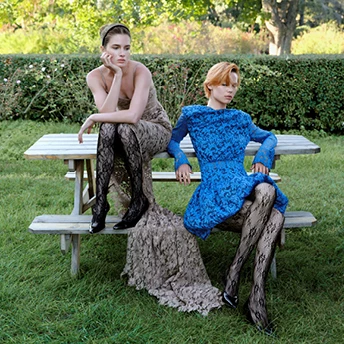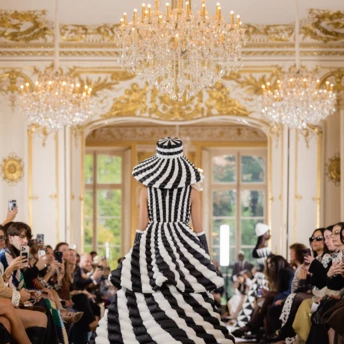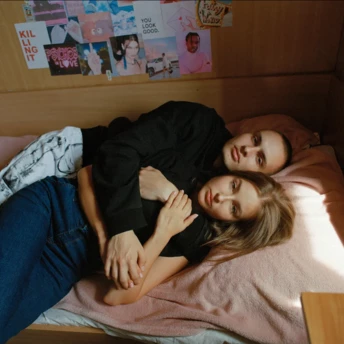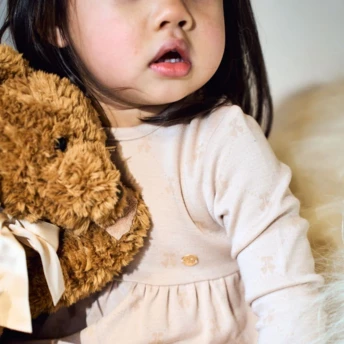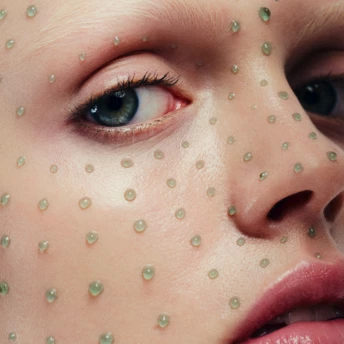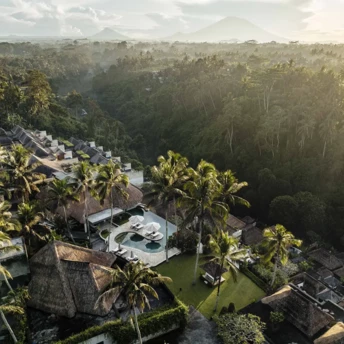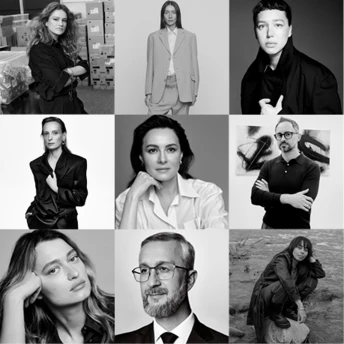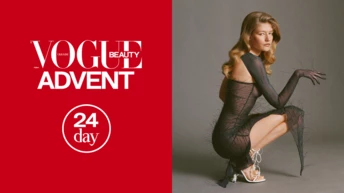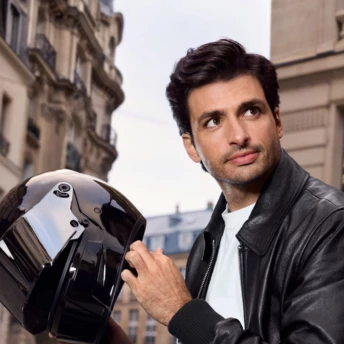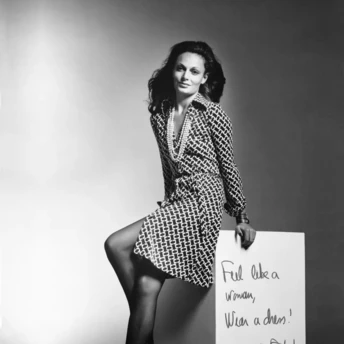Women of Steel: Tetiana Demchuk, Mother of Mariupol Defenders, on Her Loss, Support of Loved Ones, and Hope
The bravest Ukrainian women — wives and mothers of prisoners of war — talk about what motivates them to fight.
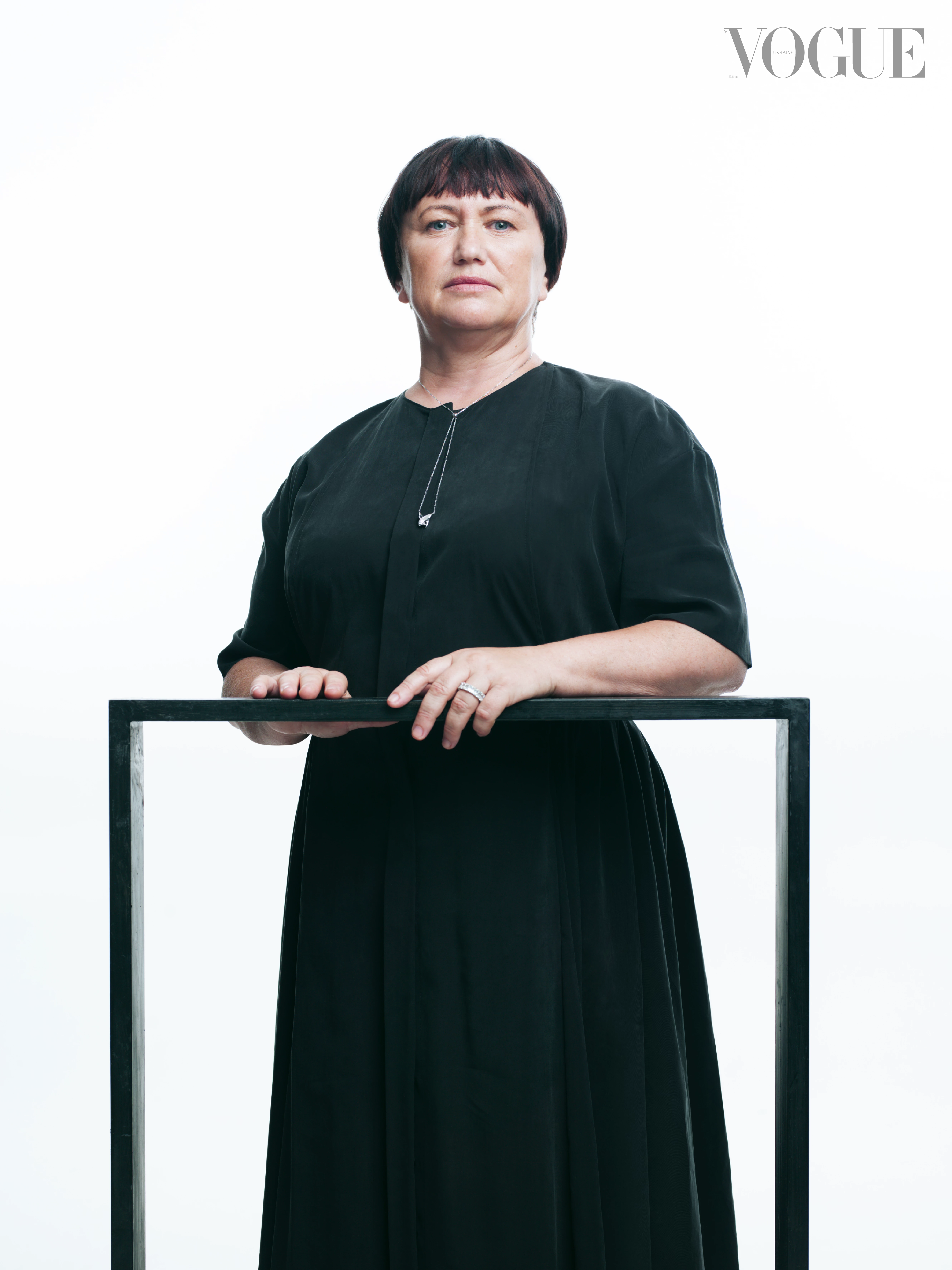
The second heroine of the project we are implementing together with the NGO Heart of Azovstal, which is part of Rinat Akhmetov's Steel Front military initiative, is Tetіana Demchuk, the mother of two heroes, Bohdan and Oleh Demchuk, soldiers of the Azov regiment.
Both of Tetiana’s sons defended Mariupol, having spent many horrifying days there. Bohdan Demchuk, senior sergeant of the Azov, was killed on April 29, 2022, during a combat mission. Oleh Demchuk is still in captivity. "We persevere here for his sake, and he perseveres there, in captivity, for our sake—and the link that binds us is hope," says his mother, who is sure that no matter what happens around you, you can never remain alone with your pain.
We recorded the story of Tetіana Demchuk.
"Mum, I’m sending my family to you."
"Mum, I'm sending my family to you," said my eldest son, Bohdan, when he called me on the morning of February 24, 2022. At that time, my sons were serving in Urzuf in the Donetsk region. They were stationed there, and on that terrible morning, they went with their regiment to Mariupol. Bohdan put my daughter-in-law and grandson on an evacuation bus to Zaporizhzhia, where they took a train to Khmelnytskyi. I was not going to flee my home.
My daughter-in-law and grandson arrived at my place seven hours later than expected, and I texted Bohdan, "They're here with me." He texted me back, "Thank God!" I realized that now he knew his family was safe, and he could go defend his homeland.
My sons were soldiers of the Azov regiment. They defended our country near the Sea of Azov. They were always my support. I was proud that Bohdan and Oleh took an active life path and that they achieved so much. When Bohdan was 13 and Oleh was 10, I had a daughter—and they became everything to their little sister. They were like her nannies, and she adored them. I have always been the happiest mother in the world.
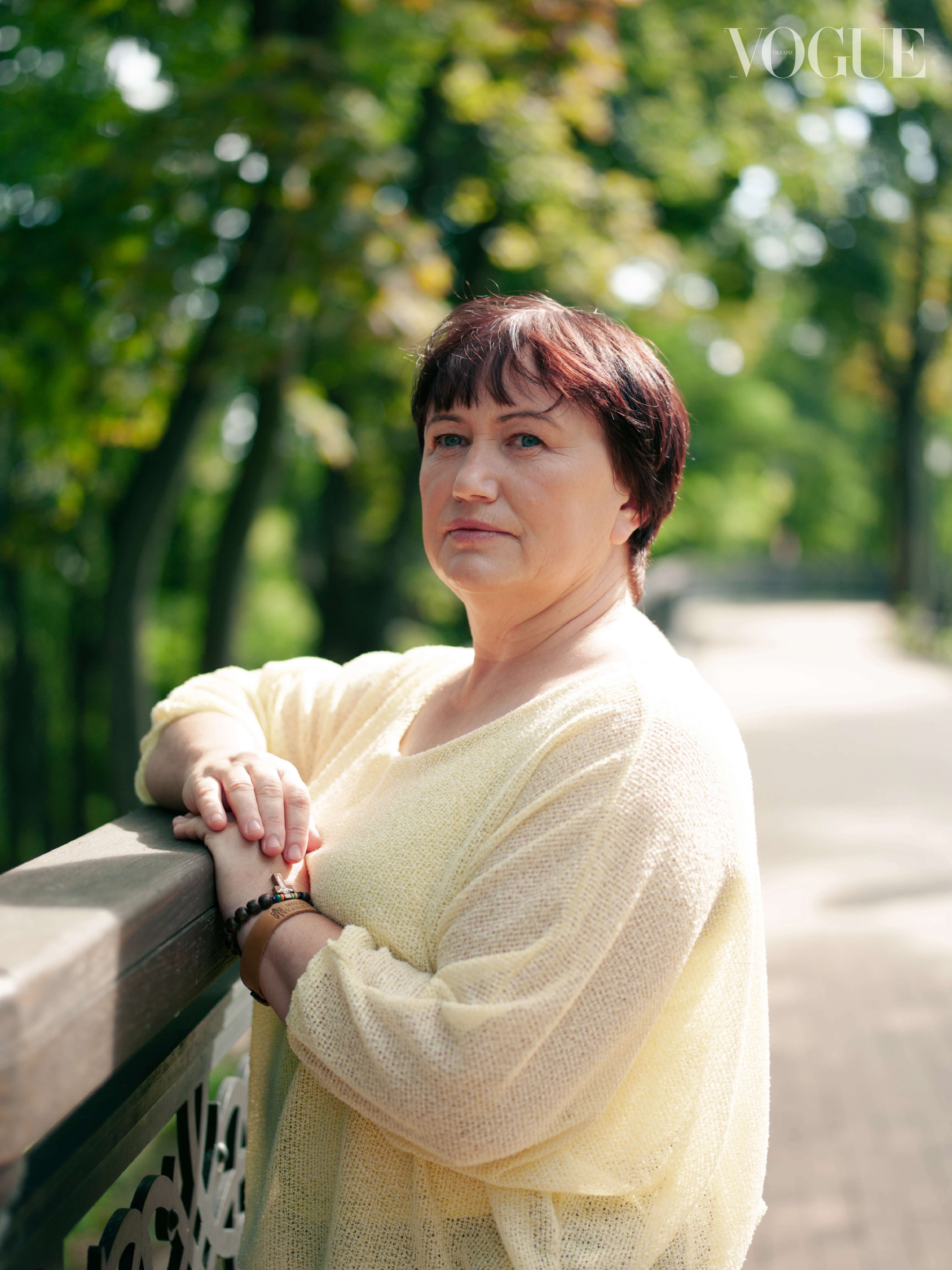
"So many people died in Mariupol—it’s an enormous tragedy."
My eldest son joined the regiment on January 1, 2015. I remember how he took up training as a young fighter: In Azov, it is a real challenge, a difficult test, and quite a few recruits would be sorted out. It didn't matter what experience or training you had. The main thing was a strong will. My Bohdan passed this test. He was quite small, but he managed to do it because he was physically and mentally very strong.
When my sons were little, they fought so much that the walls of our house shook. (Laughs). The younger one wanted to be the leader and give orders, but the older one wouldn't back down. Of course, they always stuck together and grew closer over the years. So, the younger one decided to join his older brother because he was like a protective wall for him. He joined the regiment three years later when he was 19. During the service, they never told me about any problems—they were very protective of me. They always surprised me: I never knew when Bohdan would come home. He would just run in and yell, "Surprise!" Bohdan always called me affectionately, ‘mоmmy.’
Even when they were in Mariupol, we tried to stay in touch. Oleh recorded audio messages and passed his phone to his comrades, who drove to a place where the cell phone signal worked. Then, the messages were uploaded and sent to me. Oleh used to tell me, "Mum, no video, no audio, just texts!" I tried to support them. I wanted them to be alive.
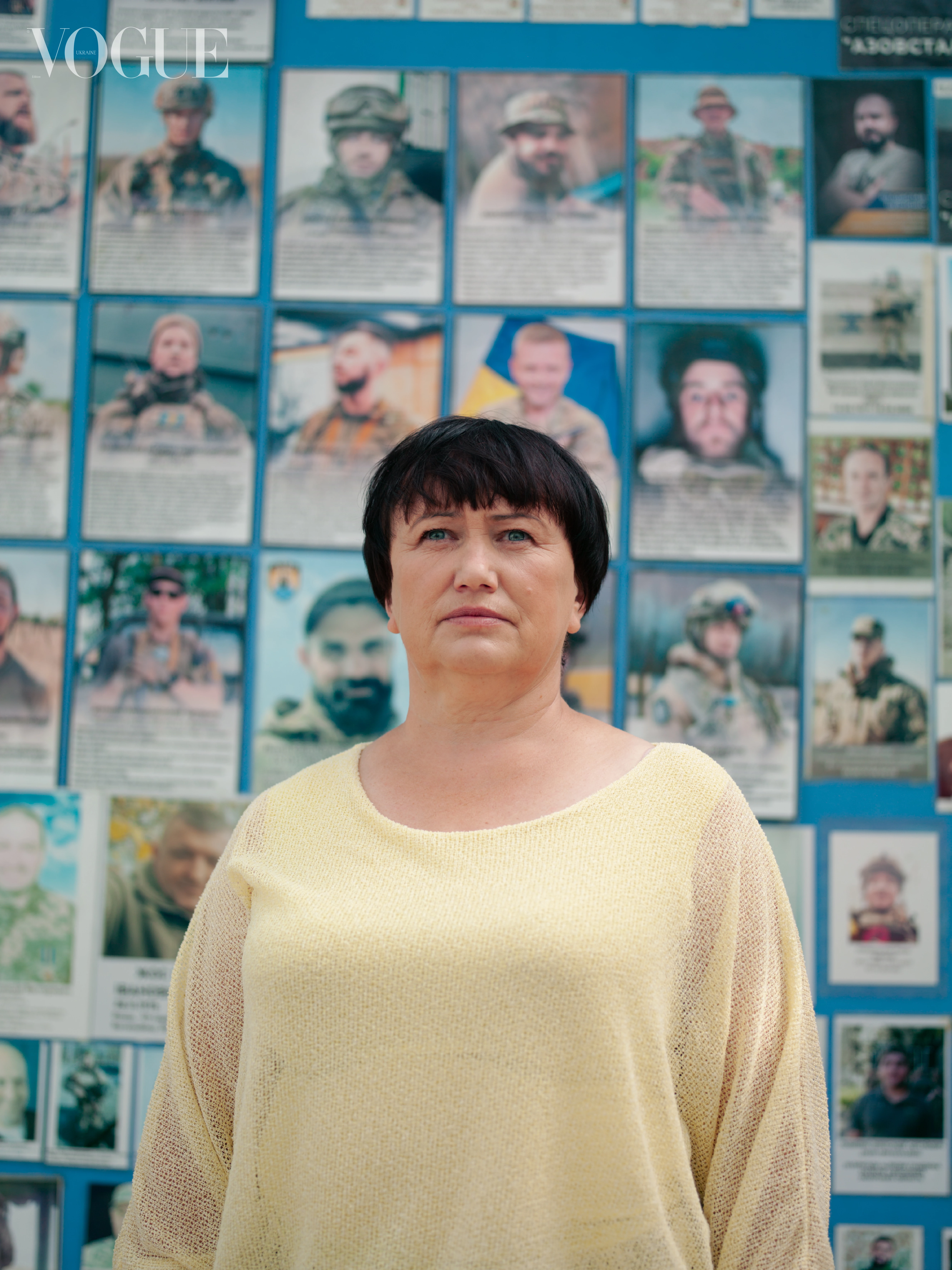
"So many people died in Mariupol—it’s an enormous tragedy."
My eldest son joined the regiment on January 1, 2015. I remember how he took up training as a young fighter: In Azov, it is a real challenge, a difficult test, and quite a few recruits would be sorted out. It didn't matter what experience or training you had. The main thing was a strong will. My Bohdan passed this test. He was quite small, but he managed to do it because he was physically and mentally very strong.
When my sons were little, they fought so much that the walls of our house shook. (Laughs). The younger one wanted to be the leader and give orders, but the older one wouldn't back down. Of course, they always stuck together and grew closer over the years. So, the younger one decided to join his older brother because he was like a protective wall for him. He joined the regiment three years later when he was 19. During the service, they never told me about any problems—they were very protective of me. They always surprised me: I never knew when Bohdan would come home. He would just run in and yell, "Surprise!" Bohdan always called me affectionately, ‘mоmmy.’
Even when they were in Mariupol, we tried to stay in touch. Oleh recorded audio messages and passed his phone to his comrades, who drove to a place where the cell phone signal worked. Then, the messages were uploaded and sent to me. Oleh used to tell me, "Mum, no video, no audio, just texts!" I tried to support them. I wanted them to be alive.
Photo
Tetiana Demchuk in Kyiv, near the Wall of Remembrance of the Fallen for Ukraine.
They didn't tell me anything about Azovstal. Only once, my eldest son said: "Mum, if we all die here, it will be a small hill. And in Mariupol, so many people died that it would be enough for a huge mountain, and that’s a tragedy." They saw all this, all the tragedy—and at the same time, they could not mourn because they had to lead the defense operation. They didn't have a chance to grieve: no matter how difficult it was, you had to fight. It didn’t matter that your comrade, with whom you had served side by side for years, had just been killed. How could they even bear that?!
My son, Bohdan, was killed on April 29 during a combat mission. It was Oleh who told me about it: he called me, started crying, and said that Bohdan was no longer with us.
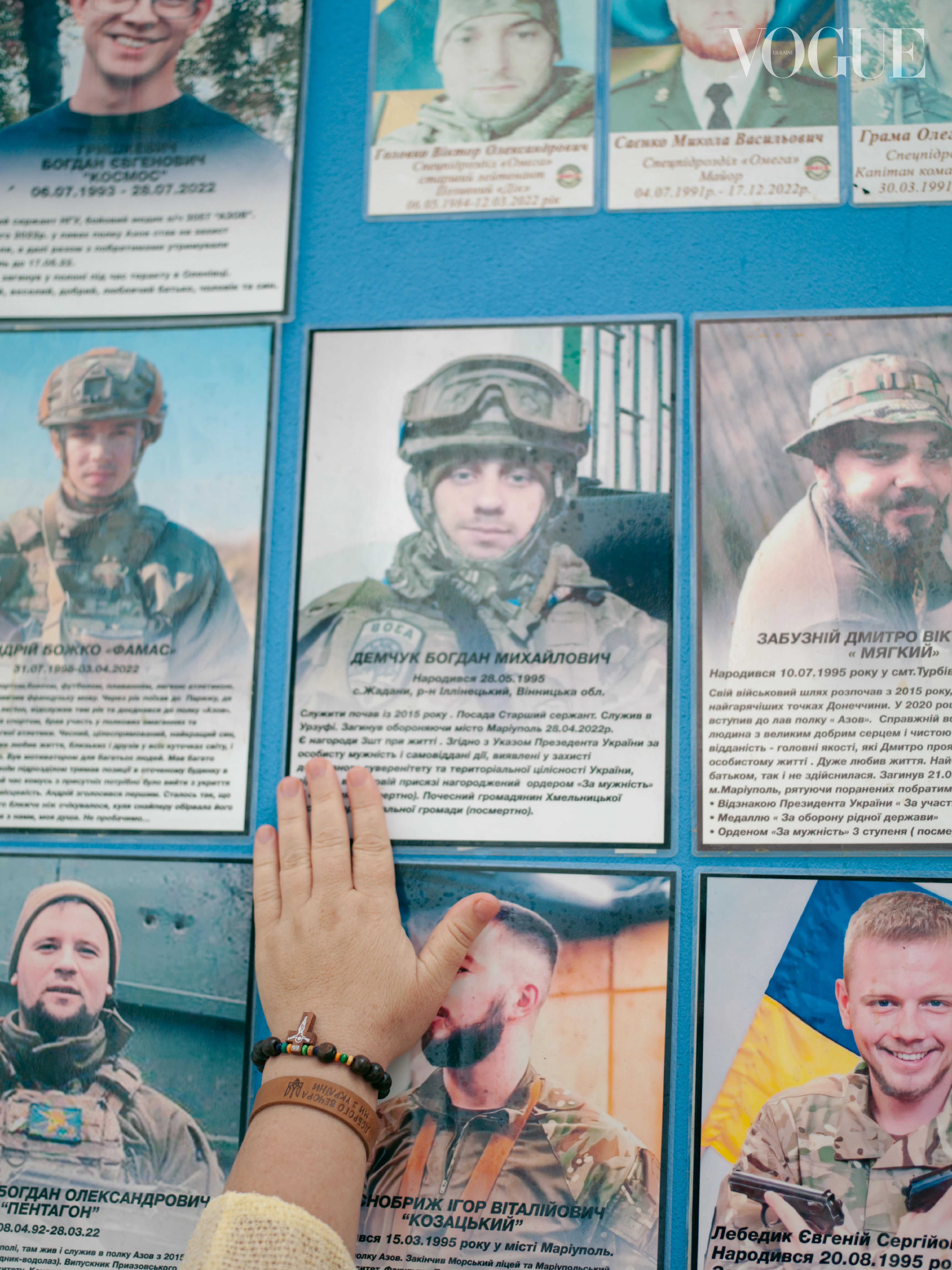
"Did you see the news? They blew up the Olenivka barracks."
On July 29, my daughter-in-law called me and asked, "Did you see the news?" I replied, "No, what happened?" And she said, "They blew up the Olenivka barracks." Oleh was there at the time.
I started screaming, and people came running. It seemed as if hope had almost died. We were afraid that Oleh had been killed. Later, Russia published the lists: Oleh was second on the list of wounded, but at the bottom, there was a note: Two prisoners of war had died en route. And their names were not mentioned. A day later, my daughter-in-law's friends started sending her videos from the occupied territories, from Manhush, and we saw that Oleh had given an interview to two Russian TV channels. In those videos, I could see what condition he was in and what injuries he had suffered. It was also clear that he did not get enough water, let alone food. I saw that he had shrapnel wounds on his legs. Fifty-three men were killed in that barracks—and I’m not sure Oleh would have survived if his comrades hadn’t carried him out. I am so grateful to those guys.
After the Olenivka barracks were blown up, I realized that I had to sound the alarm as much as I could. I contacted the Coordination Headquarters for the Treatment of Prisoners of War, the State Security Service, the National Information Bureau, and the Red Cross—I emailed and called whoever I could. We worked together. We confirmed that Oleh was alive and determined what kind of injury he had, which was the most important thing.
What can we, ordinary people, do to raise awareness about POWs? First, support the armed forces: the faster the victory, the faster all the prisoners will be exchanged. Media noise is also important—not only in Ukraine but also abroad. Finally, international organizations are not working as well as they should. They are sluggish, and we need to force them to work harder in this direction.
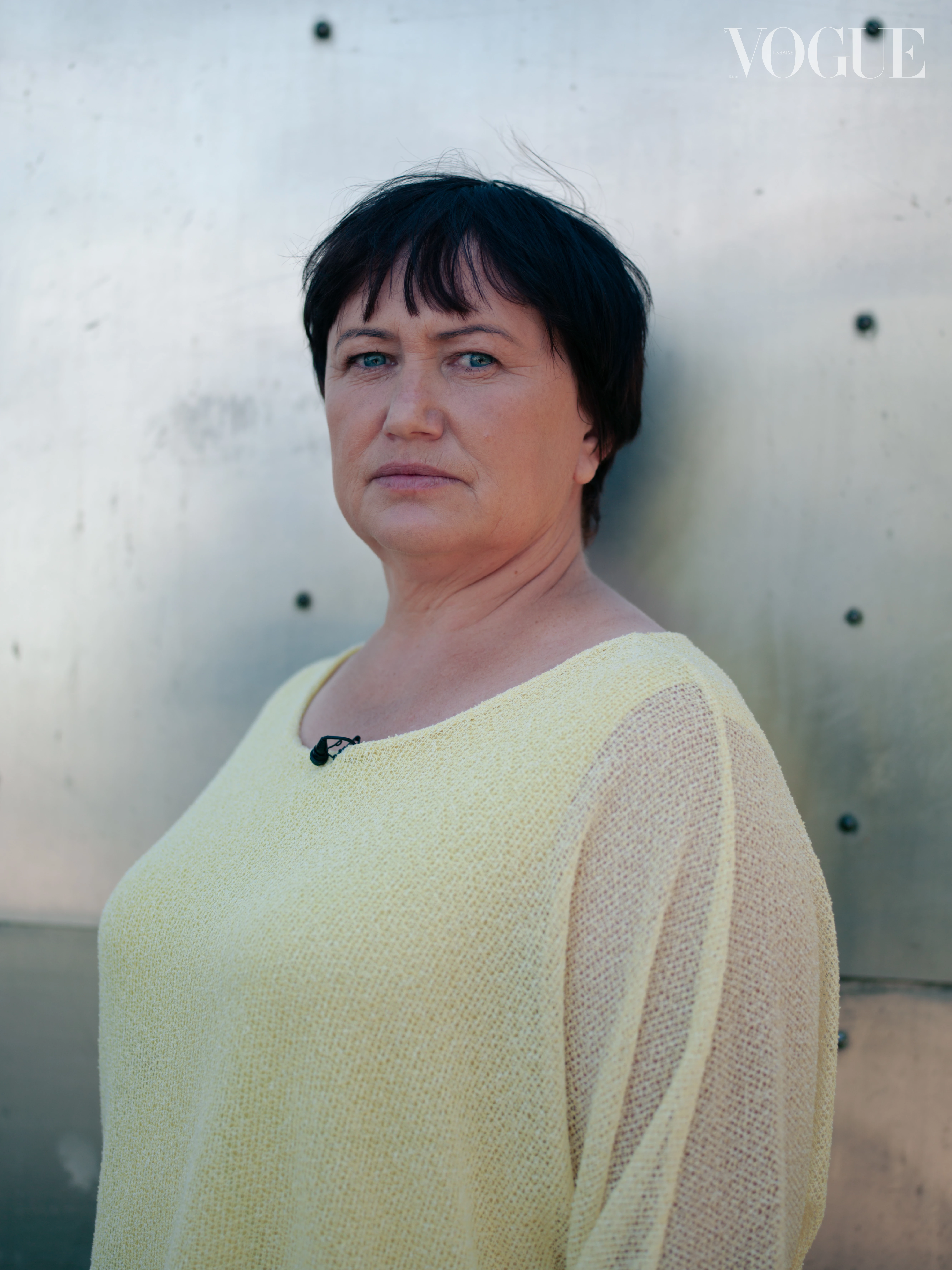
Every Friday, we do an action in Khmelnytskyi to support our prisoners of war. We do this together with the NGO Zakhyst. We send appeals and letters; we do our best to make progress. We also cooperate with organizations in Kyiv. Heart of Azovstal, in particular, is giving me a lot of support: They are doing everything they can to facilitate the return of the POWs and also to spread the word. I believe that publicity helps keep this issue in focus. If we don’t talk about the POWs, people will forget about them, but captivity is one of our biggest problems. My son spent 16 months in captivity, imagine that! That is a very long time!
"People’s support literally pulled me out of that hole of despair."
In mid-April, while my sons were still at Azovstal, my dear daughter-in-law showed me the message Bohdan had sent her. He wrote: "Nadia if I don’t make it back, you must raise our son as a true Ukrainian. And tell him about his dad. Let him know that I defended our homeland. And live, keep living—don't close yourself off from people." It was a harsh message, but after Bohdan’s death, these words helped us understand how to go on living.
You must communicate, do something, work for a cause, and be among other people because if you are alone, you will destroy yourself... Only together can you survive the difficult times of uncertainty and hopelessness. You can't stay alone with your pain. And we must also fight—only by fighting will we achieve what we want. The words from our anthem—"Soul and body shall we lay down for our freedom"—have now taken on a new meaning for me, as if they had become reality. Indeed, our soldiers are sacrificing their lives and bodies for our freedom. Independence is costing us dearly.
In my daily life, there is always time for prayer. I pray for all our prisoners that God may give them strength, resilience, and protection. I pray for strength for all the mothers who are waiting for their children to come home. Our family has lost so much; we lost the most important man, but considering how our boys have been protecting us, we need to become stronger now—become those women of steel.
What helps me persevere? My family: my daughter, my daughter-in-law, my grandson. Nadia, my daughter-in-law, has become like a daughter to me. She calls me two or three times a day to ask how I’m doing. And then there is the strong support from other people—she literally pulled me out of the hole. I was completely devastated. After Bohdan died, the world became black for me.
And also, my son, who is in captivity, supports me. I know he has hope in me, and I cannot betray him and waste that hope. We persevere here for his sake, and he perseveres there in captivity for our sake—and the link that binds us is hope. My cell phone is always charged. I wait around the clock for his call when he says to me, "Mum, that's it. I'm home."
About the NGO Heart of Azovstal
Heart of Azovstal is a project that provides comprehensive support to the defenders of Mariupol who defended the city from February 24 to May 20, 2022. Heart of Azovstal is part of Rinat Akhmetov's military initiative, Steel Front, which supports the Ukrainian military.
Text: Daria Slobodianyk
Video: Yulia Dahl
Photo: Vic Bakin
Make-up and hair: Dima Grushkivskiy
Video interview: Maryna Shulikina


